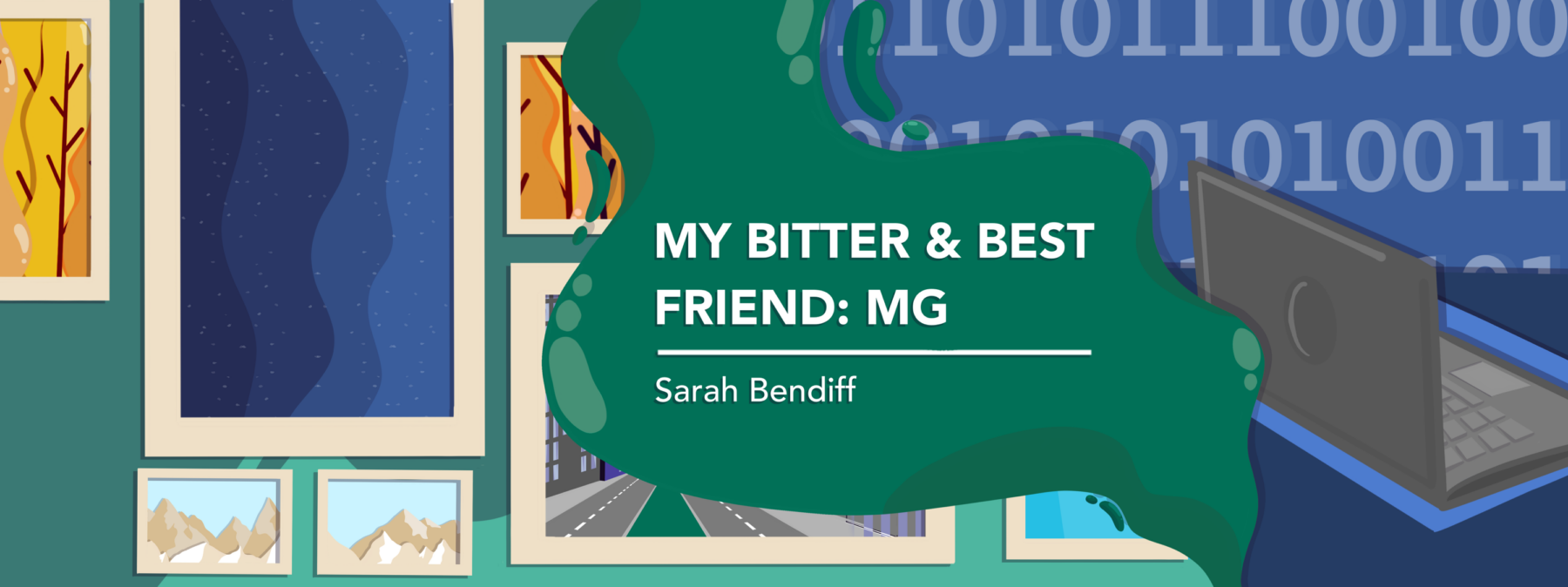How a decade-long search for answers led to an MG diagnosis
Finally having a name for her illness brought this columnist relief, then grief
Written by |

It’s been five years since I was diagnosed with myasthenia gravis (MG), an autoimmune neuromuscular disease. MG makes me feel tired and short of breath, and sometimes I struggle to speak clearly.
It feels like yesterday when I was diagnosed, and I believe I still need to know more about this condition.
I’m 25 years old, but my symptoms began when I was 9. I wasn’t shocked by the reality of having a disability when the doctor finally said, “Yes, you have myasthenia gravis.” I heard it as, “Your lifelong companion finally has a name. It’s MG.” I almost wanted to applaud in relief that I finally had a diagnosis.
When I was growing up, my symptoms weren’t prevalent enough, when I wasn’t having a flare-up, for doctors to detect MG. I first heard of the disease while scouring the internet for clues. I read about the symptoms, but I didn’t have diplopia (double vision) or ptosis (drooping eyelid), so I wasn’t sure. Then I saw a new doctor — to whom I’ll forever be grateful — who asked me, “Have you ever been tested for MG?” She wrote me an order for a blood test.
Three days later, I was notified that I’d tested positive for MG.
I ran to my doctor with the results. Here in Algeria, where I live, we have open days at the hospital, which is helpful when you want to see a doctor quickly. You can go in without an appointment at least one day each week. My doctor looked at the results and said, “So we’re going to do more tests.” When I asked her if I had MG, I saw the sadness in her eyes. She didn’t want to say the words. If she said it, she seemed to feel, it would condemn me to a life of disability, weakness, and illness. Unfortunately, that was already the case for me.
The doctor, an internist, told me that while the test results indicated MG, she thought I was too young to have it. Perhaps, she speculated, it was an error that could be cleared up with more testing. She referred me to a neurologist. But in my head, all I could think was, “You’re not crazy. You genuinely have an illness, and it’s not just a series of coincidences and normal fatigue.” I left her office jumping with happiness because I finally had a diagnosis.
Validation, then grief
I don’t remember how everyone around me took the news. I was euphoric, because my 11-year struggle was real. It wasn’t asthma, nor was I just having anxiety attacks as several doctors had suggested. I knew my body and was certain that something physiological was happening.
Over time, though, that amazing feeling turned into anger and frustration. I’d thought that having a name for my symptoms would help others understand my situation so that they’d think of my condition as a real, tangible disability.
I was experiencing the stages of grief. I was lost in anger. But it’s here I’ll introduce you to my heroes.
My boyfriend, Mohammed, has stood by me from the start. He’s always been eager to better understand MG. My sister, Dounia, has been my caregiver at home, making sure I have my medications, setting up my oxygen concentrator, and even pushing my wheelchair when we’re exploring places like the Louvre in Paris while on vacation. My friend Sarah maintained our friendship as it had always been: no invasive questions, no pity, just support. They, and others I met in MG support groups, are my lifeline.
With their help and my own determination, I’ve finally come to accept MG. It’s a companion I can’t ignore, no matter how much I might want to.
If you’re an MG patient reading this, you’ve probably already found a supportive network. It’s immensely valuable when others share their stories, which can inspire you, comfort you, and offer tips to help you navigate the grief over the “old you” before diagnosis. Even when the road is rocky, we can find ways to make peace with our disability.
Note: Myasthenia Gravis News is strictly a news and information website about the disease. It does not provide medical advice, diagnosis, or treatment. This content is not intended to be a substitute for professional medical advice, diagnosis, or treatment. Always seek the advice of your physician or other qualified health provider with any questions you may have regarding a medical condition. Never disregard professional medical advice or delay in seeking it because of something you have read on this website. The opinions expressed in this column are not those of Myasthenia Gravis News or its parent company, Bionews, and are intended to spark discussion about issues pertaining to myasthenia gravis.




Mohammed Hanafi
I am very proud of you and of all the journey you have made with this new part of your life, which you are managing to tame more and more.
Sarah Bendiff
You're such a pillar throughout this long journey. Thank you for your endless support.